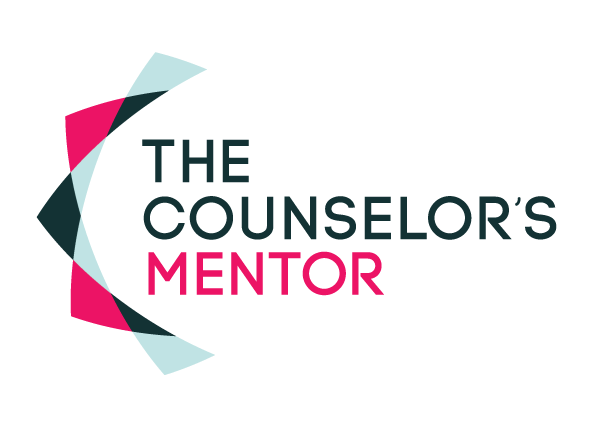4 Hidden Burnout Signs Every Therapist Should Watch For may be closer to home than you think. We all know the mental health field is a tough one—filled with heavy stories, deep emotions, and the incredible responsibility of walking with people through their most vulnerable moments. But what happens when hard turns into overwhelm, and overwhelm quietly becomes burnout?
Let’s talk about four sneaky signs that you might be headed down that road.
1. You Feel Relief When Clients Cancel
Of course, every therapist has moments of fatigue, and it’s normal to welcome a cancellation here or there—especially if it means getting to your niece’s birthday party on time. But if you find yourself constantly hoping clients will cancel… that’s a red flag.
You might be checking your calendar in the morning, crossing your fingers for no-shows, or feeling disappointed when your day fills up as scheduled. When consistent relief comes from avoiding sessions, that’s your body and brain asking for help—not just rest, but re-evaluation.
2. Your Outlook Is Growing Cynical
We all get irritated sometimes. But cynicism runs deeper. It’s not just being cranky or skeptical—it’s a persistent, negative lens through which you view your work, the system, or even your clients’ ability to grow. You begin to doubt people’s intentions as pure or good, and rather believe others are not to be trusted or only function out of their own self-interest.
If you’re a therapist who once believed in healing but now finds yourself thinking, “This won’t matter anyway,” or “What’s the point?”—you’re not just being realistic. That creeping negativity is often burnout in disguise.
3. You’ve Got a Serious Case of the Sunday Scaries
If Sunday evenings fill you with anxiety—tight chest, racing thoughts, a pit in your stomach—it might not be about Monday’s caseload. It might be about a deeper sense of dread connected to your current work setting.
Persistent Sunday anxiety (especially if it’s new or worsening) is a key signal that something isn’t sustainable. This isn’t just about stress; it’s about your nervous system sounding an alarm that shouldn’t be ignored.
4. You’re Getting Sick More Often
Sure, therapists work around all kinds of people, and some sniffles here and there are to be expected. But if you’re getting sick more frequently, staying sick longer, and generally feeling run-down, it could be a signal that your immune system is worn thin.
Burnout affects more than your emotions—it has a real physical impact. If you’re constantly dragging, catching every bug, or feeling off, it may be your body’s way of waving a red flag.
Thinking About Leaving the Mental Health Field? Rethink the Real Source of Your Burnout
The mental health world needs you—your presence, your wisdom, and your heart. But I want to help you stay in this field long-term: mentally, emotionally, and financially.
If you’re navigating burnout, know that you’re not alone—and that there is another way. Reach out if you’re needing some additional mentorship support.

